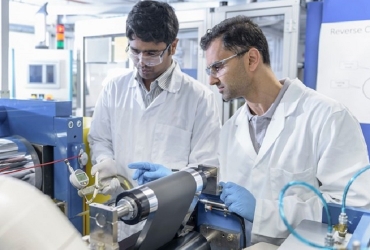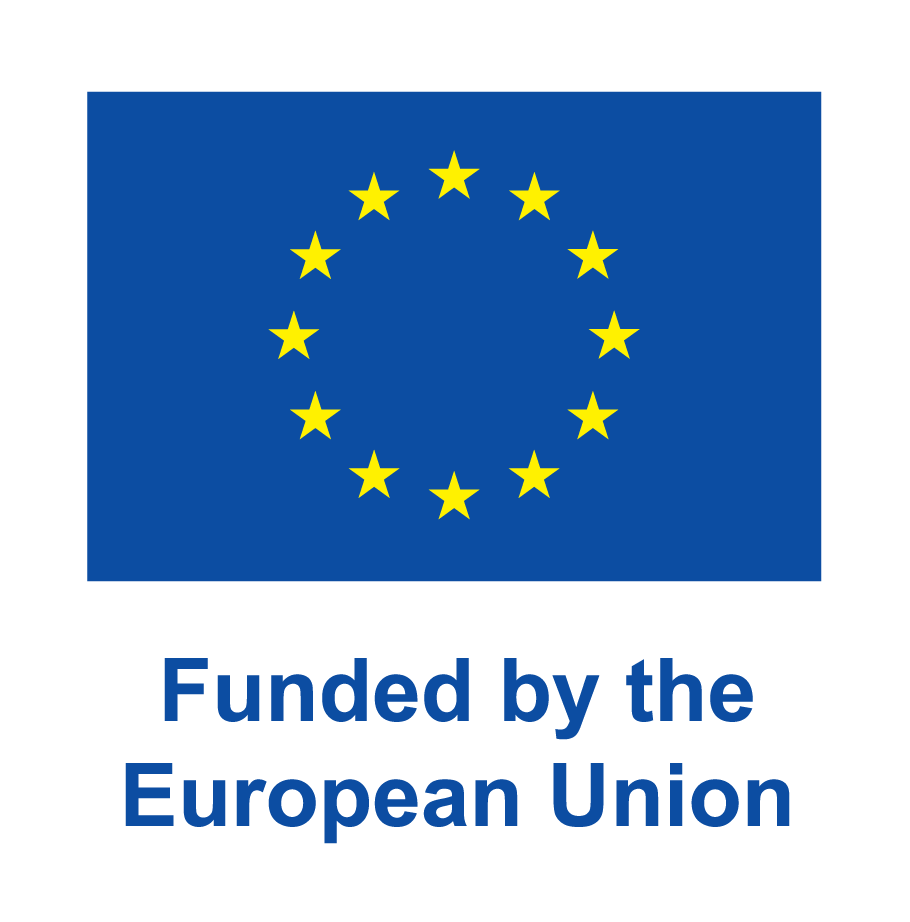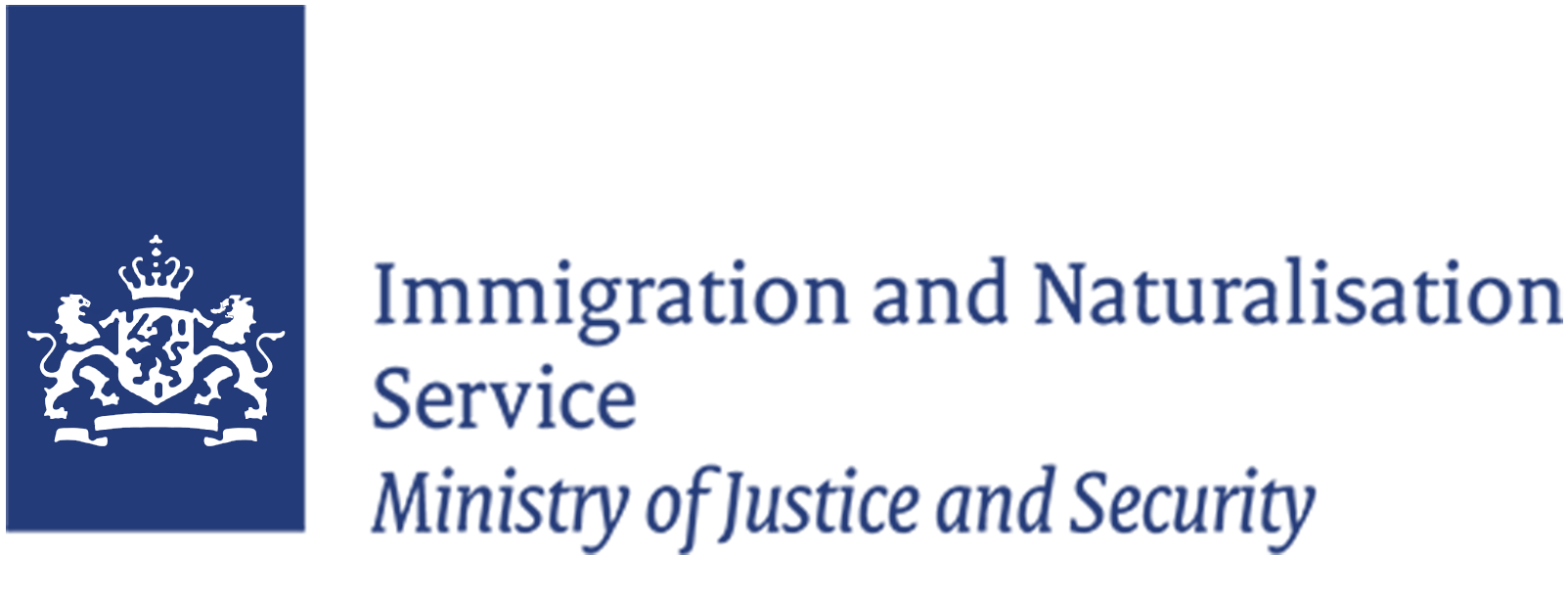Main Area
Main
Economic migration

Economic migrants are migrants from outside the European Union (EU) that come to the EU to work, such as highly educated professionals, employees of a company, entrepreneurs and seasonal workers. The EU stimulates economic migration.
Economic migration is a type of legal or regular migration. Examples of EU-regulations on economic migration are the European Blue Card, a residence permit for highly skilled professionals, and the Single Permit, a residence permit which combines the residence permit and work permit. For admission to an EU-Member State on economic grounds, a specific residence permit is always required.
In addition to these EU-regulations there is also national policy concerning economic migration in the Netherlands. The core of this policy is selectivity: the Netherlands stimulates migration by those for whom there is an economic need. The legal framework in the Netherlands on economic migration is the Modern Migration Policy Act (2013).
Study: Attracting and retaining international researchers
26 April 2022EMN study on policies and practices for attracting and retaining researchers from outside the EU. How do EU Member States address this? The study examines the application of the EU Directive for international students and researchers.
Study: Skills Mobility Partnerships, innovative approaches to labour migration to the EU
3 March 2022EMN research in collaboration with the Organisation for Economic Co-operation and Development (OECD) and others on Skills Mobility Partnerships (SMPs). SMPs are bilateral or multilateral cooperation agreements between EU Member States and non-EU countries.


